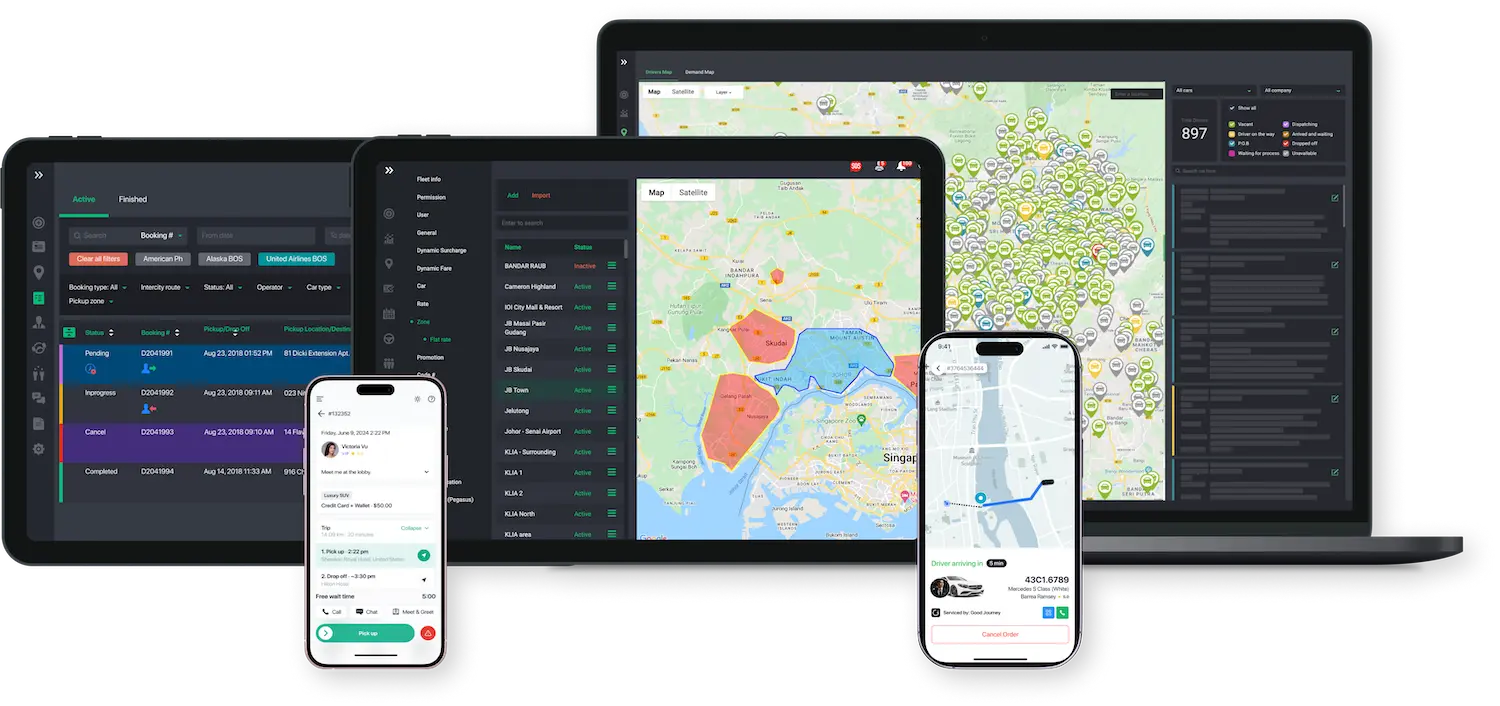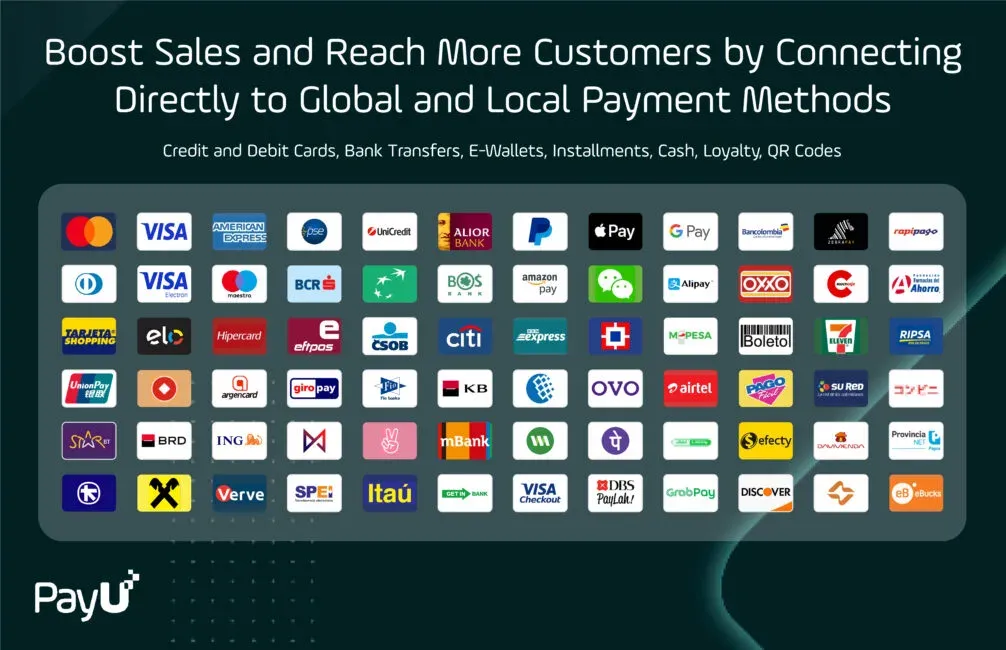As we move into 2025, the fleet and mobility industry is poised for a major leap forward, driven by the adoption of AI and the integration of global connectivity. While many solutions have emerged to create a global booking platform, managing these systems often remains manual, fragmented, and resource-intensive. However, with advancements in AI and Big Data, the future promises a more seamless, efficient, and optimized approach.
The Role of AI in Revolutionizing Ground Transportation
AI is set to redefine how ground transportation businesses operate by automating and streamlining critical processes:
- Seamless Global Integration
AI-powered platforms can bridge the gaps between fragmented booking systems worldwide, enabling affiliates to connect more easily. By integrating with multiple booking platforms, these systems can unlock a broader network of job opportunities for suppliers, enhancing their revenue potential while simplifying operational complexities. - Enhanced Customer Experience
AI can predict and adapt to customer needs, ensuring vehicles and supplier partners deliver punctual, reliable services. Intelligent scheduling and route optimization will minimize delays, enhancing the overall customer journey from point A to point B. - Automating Manual Workflows
The cumbersome processes of managing paper-based bookings, email confirmations, call support, and spreadsheets can be replaced by AI agents. These agents can handle reservations, send updates, and consolidate data, freeing up time for human teams to focus on strategic growth.

- Optimized Fleet and Reservation Management
AI tools provide suppliers with smarter ways to manage vehicles, drivers, and bookings. From optimizing routes to ensuring peak utilization of vehicles, AI solutions can reduce downtime, save costs, and improve operational efficiency.
A Unified Global Booking Platform: The Next Step
Despite the many advancements in technology, the dream of a truly global, interconnected booking platform has remained elusive. Existing systems often require manual intervention and lack the flexibility to scale seamlessly.
With AI and Big Data, however, we can transform this landscape. These technologies enable platforms to:
- Integrate Across Systems: Automatically sync with booking platforms worldwide, enabling real-time job allocation and scheduling.
- Predict and Optimize Demand: Use historical and live data to anticipate customer demand and assign vehicles and suppliers accordingly.
- Enhance Transparency: Provide all stakeholders—customers, suppliers, and drivers—with real-time visibility into bookings, routes, and performance metrics.

Building Better Tools for Suppliers
AI isn’t just about serving customers—it’s also about empowering suppliers. Advanced platforms can offer tools that:
- Manage Fleets and Drivers Efficiently: Centralized dashboards can track vehicle health, driver schedules, and bookings in real-time.
- Simplify Compliance and Reporting: Automatically generate invoices, performance reports, and compliance documentation.
- Optimize Routes and Reservations: AI-powered algorithms can identify the best routes and schedules, minimizing travel time and fuel consumption.
Predictions for 2025
As the industry continues to evolve, several key trends are expected to shape the landscape of ground transportation in 2025:
Diversification of Payment Methods
The adoption of alternative payment methods, including cryptocurrencies, will become more widespread. This shift will allow for greater flexibility in global travel, making transactions seamless and catering to a broader range of customers.

Economic Recovery and Increased Travel Demand
With a recovering global economy, consumer spending is projected to rise, leading to higher demand for travel and mobility services. More people will embark on trips, driving growth for ground transportation businesses, including airport transfers and limousine services. Sources

Advancements in AI Agents
AI agents will become more sophisticated, managing trip planning, customer support, and booking management with greater autonomy. These agents will handle real-time adjustments, predict potential delays, and provide tailored recommendations to enhance the customer experience.
Enhanced Global Connectivity
Ground transportation businesses will achieve seamless integration with multiple booking platforms worldwide. This will enable real-time updates, better route optimization, and more efficient fleet management, reducing manual intervention.
Focus on Sustainability and Efficiency
With a growing emphasis on sustainability, businesses will adopt AI to optimize routes, reduce emissions, and enhance operational efficiency. This will help align with global environmental goals while reducing costs.
The Path Forward
2025 will be a defining year for AI in ground transportation. Companies that embrace these innovations will lead the charge in creating a globally connected ecosystem where suppliers, drivers, and customers all benefit from enhanced efficiency and transparency. By consolidating fragmented processes and leveraging AI-driven insights, the industry can deliver a seamless experience at scale, setting a new standard for fleet management and dispatching.
The future isn’t just about getting from point A to point B—it’s about doing so smarter, faster, and with greater precision than ever before. With AI, the vision of a truly global, integrated, and optimized transportation network is finally within reach.




